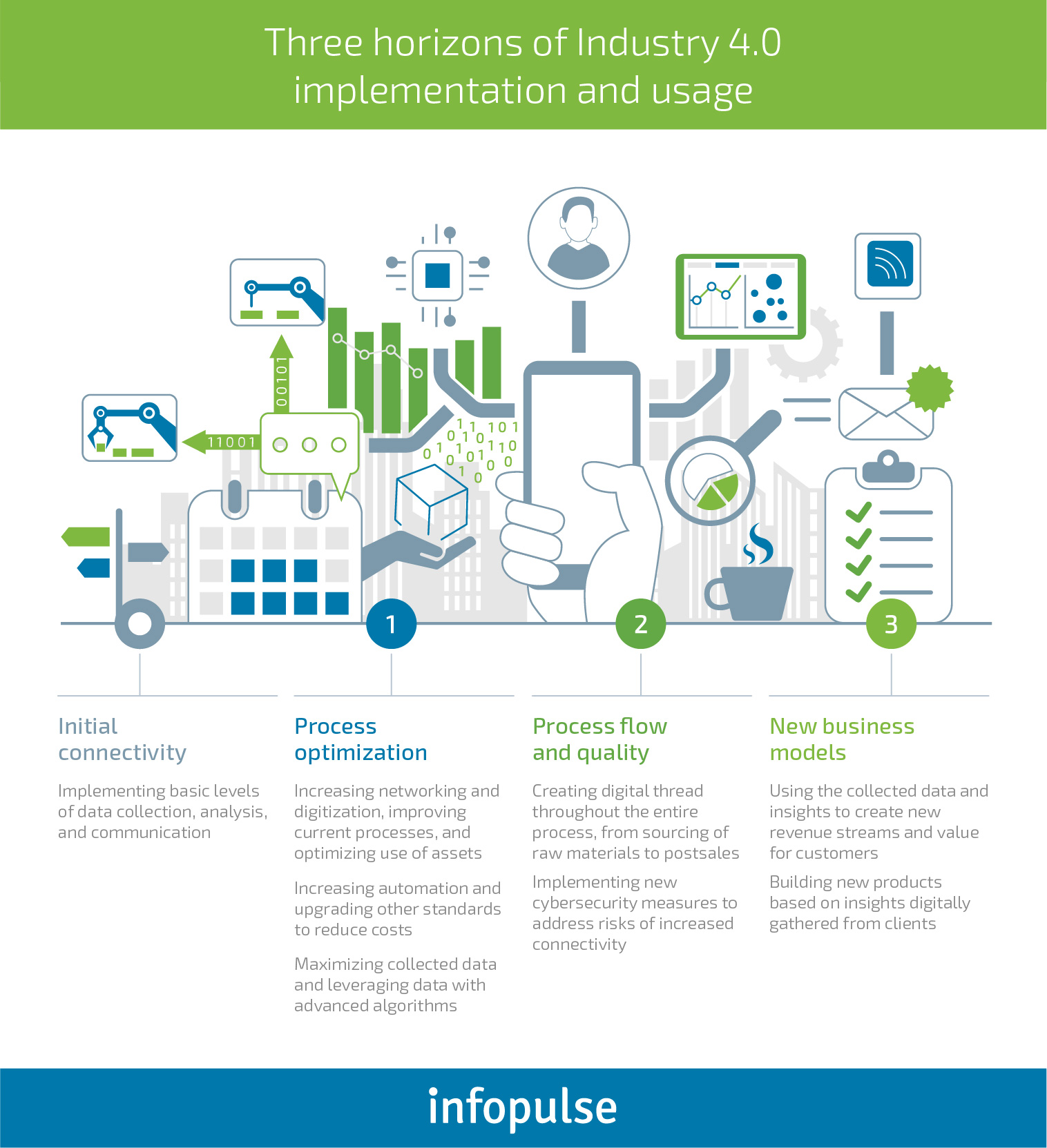
Did you know that 90 percent of everything you have has been introduced to you by ship?
Actually, some of the largest ships in the world could carry up to 18,000 shipping containers, full of clothes, electronics, plus a lot more.
But for such a major, global industry that is so critical for commerce, not a lot of people consider about sending as a viable livelihood choice.
We spoke to shore-based shipping recruitment specialists, Spinnaker Global, to Learn More about the shifting state of the transport sector, and some of the top jobs you can find for you started:
Why choose the delivery market?
Whether you have previous sailing experience, or you are entirely new to commercial delivery, the business has such a wide array of roles that there’s something out there to match most of skillsets.
The opportunities within the transport industry are evolving, too. By way of example, once viewed as an industry that lagged behind modern technology, you can find now roles out there in ballast water control (ensuring that the security of water taken in as ballast in port), digital, and societal networking marketing.
Additionally, there are environmental functions; transport is the least environmentally damaging form of commercial transportation, also thanks to new initiatives, there was a significant decrease in marine pollution during the last 15 decades.Join Us get it now website
Even if you’re not a great deal of seafarer, there are a lot of shore-based roles out there which may be the ideal suit for you. Here are five areas you could move right into:
Shipbroker
What they do:Competitive shipbrokers are the intermediaries between (I) shipowners as well as the charterers that employ their ships; and (ii) the sellers and buyers of ships — Sale & Purchase (S&P) Agents )
Everything you will need: Today, most companies look for graduates, but some of the best brokers and charterers don’t have any qualifications at all. Great media and sales abilities, as well as the ability to construct confidence, will be crucial to this job. ICS credentials are highly considered on-the-job training as well as a path into broking and leasing.
What you could earn:Professionals earn around #50,000 a year. They earn a commission of 1.25percent of the’cargo’ paid each tonne to transport the shipment from A to B or from their daily’hire’ paid to hire the boat for a certain period, which is anything from months to many years. S&P brokers make a commission of 1 percent of the selling price of this boat. REMOVE?
Ideal for:People with superior negotiation skills.
Operations

The things they do:This can be a hard one to summarise. The operations staff in any type of business is about service, co-ordination, communication, management, customer service and back-up.
Most junior recruits today are graduates, often with transport degrees. Junior deck officials also stand a great chance.
What you can get:Entry level / junior spots begin at roughly #20,000 annually .
Perfect for:Individuals who consider themselves’the one’.
Superintendent
The things they do:Traditionally superintendents are engineers on ships that have come back. They are mostly accountable for planned and unplanned maintenance and costs, dry docking and major fixes, vessels surveys and audits, budgets, restarting vessels’ crews, environmental compliance, and overseeing vetting inspection outcome, investigating breakdowns, accidents and damage, and many of different variables.
What you want:Seagoing expertise as a senior technology officer or a degree in technology / naval design or possibly shipyard/engine manufacture encounter. Even though in the previous superintendents needed to have been a chief engineer to gain the esteem of the chief engineers on boats that they manage, seagoing experience is no more a necessary requirement.
What you can earn:Normally involving #40,000 and 65,000 a year.
Ideal for:People who always put safety first.
Claims Handler / Manager
What they do:each business a claim means something distinct. In P&I (protection and indemnity), whose role is to insure accountability claims, handlers type the majority because their function is to protect claims of owners. For owners, the promise suggests they’ve damaged something. Volume claims are inclined to be seen in the liner industry, while the higher value, but lesser in quantity claims are at the freight section.
Everything you want:Character, discretion and excellent communications ability are clearly important to convince underwriters to take a part of business or to pay a claim.
What you could make:Managers earn an average of nearly #60,000 annually.
Perfect for:People who have a mind for numbers.
Transportation law
What they do:This depends upon which country you are in. In England at leastthe’umbrella’ phrase is”lawyer”. During that we have solicitors and barristers. Generally, attorneys deal with and represent the clients and barristers are made with a solicitor to represent those clients in courtroom.
What you need:The conventional path to qualification is that a law degree (LLB) followed by the one year Legal Practice Course (LPC) leading to professional examinations at the end. If you don’t have a law degree, you can do a one year conversion course (sort of a post-graduate law degree) known as the Common Professional Examinations (CPE). Quite a couple of master mariners function as’marine’ or’admiralty managers’ in law firms, in which they bleed moist shipping law. A number of them take no legal qualifications whatsoever and even though they aren’t lawyers as such, they do a whole legal occupation, learning about the job because they move.
What you could earn:Qualified attorneys normally earn about #90,000 a year.
Great for:Individuals who want to know more about the criminal justice system (and, you know, ships).


